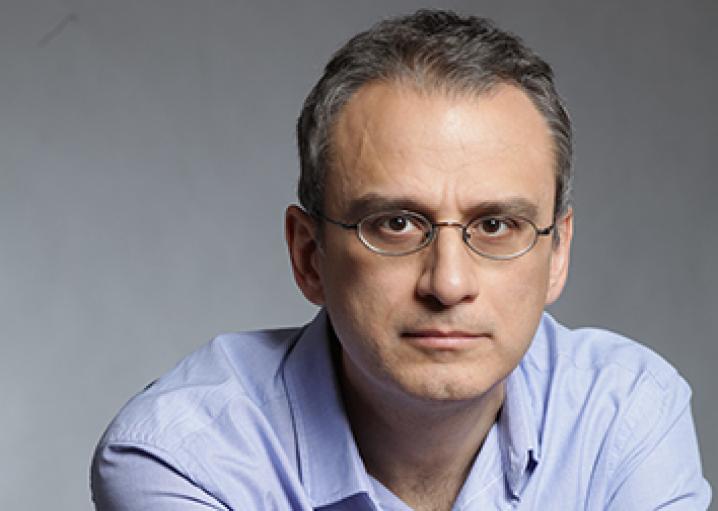Westmont Hosting ‘Knowledge in Crisis’ Conference
Speakers Will Focus on Liberal Arts Education in Our Post-Truth Age

William Deresiewicz, former professor of English at Yale and Columbia and author of the New York Times best seller Excellent Sheep: The Miseducation of the American Elite and the Way to a Meaningful Life, will be one of the keynote speakers at the 17th Annual Conversation on the Liberal Arts, hosted by the Westmont Gaede Institute on Thursday-Saturday, March 22-24. Deresiewicz recently gave the Santa Barbara Independent a preview of his talk.
The subtitle of the conference is Knowledge in Crisis: Liberal Learning in a “Post-Truth” Age. In what ways is knowledge in crisis? I think there is a general sense that we no longer have agreed-upon facts in the political sphere and in the politicization of science, particularly when it comes to climate science. While we have a lot of information, we don’t have a corresponding understanding.
Can you talk about what the liberal arts are and what they are not? People often have a very difficult time explaining what they mean when they use the term. The classic definition is that liberal arts is a field where truth is pursued for its own sake. This is different from vocational fields that focus on applying knowledge, but the knowledge itself comes from the liberal arts, from the humanities and the social sciences. The concern of the liberal arts is with how knowledge is created.
You’ve described American higher education as a system designed for an oligarchy, not a democracy. There are many ways of looking at this, but I lead with the fact that in the early 1970s three quarters of the funding for public universities came from taxes. Contrast that with today, when only about one quarter of funding comes from taxes. The gap has been bridged, for the most part, by tuition increases. What we’re now seeing is that where you’re born in the class system will to a great extent determine what educational resources are available to you and the quality of those resources. This is a major factor in the slowing of social mobility, and it’s not the way this country built the largest middle class in history.
You’ve said that a liberal arts education, centered in the humanities, is the most powerful of instructional technologies, and yet it seems as if the humanities have been under attack for years. The attack continues. Politicians, usually conservative ones, often claim we need more X majors than Y majors to grow the economy, and the major they cite as being less desirable is usually in the humanities. It’s a shortsighted way to look at education.



